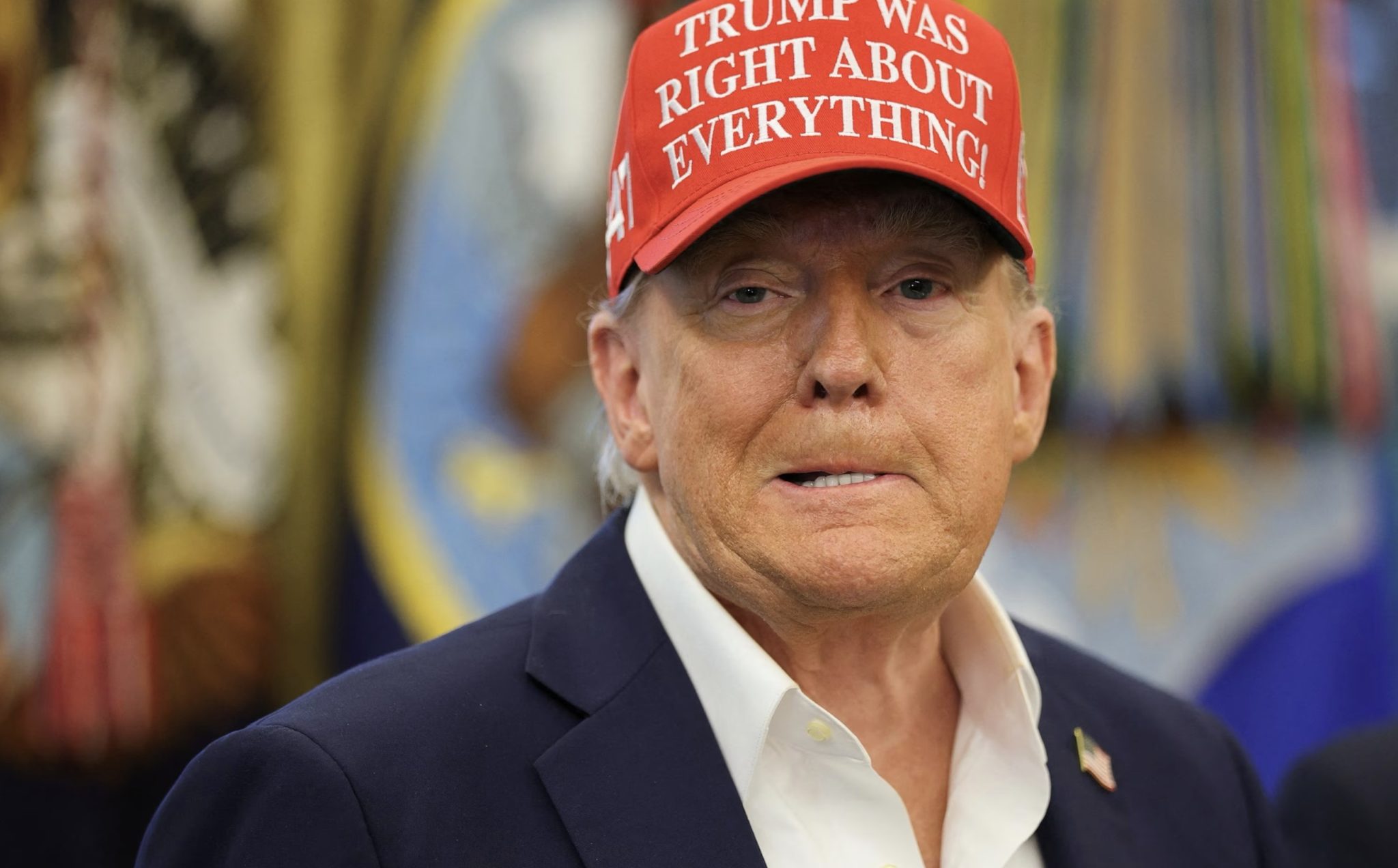
A recent trade investigation launched by the United States against Brazil has sparked international concern over its potential impact on public health policies and access to medicines. The U.S. Trade Representative (USTR) is probing whether Brazil’s intellectual property regulations, particularly in the pharmaceutical sector, unfairly restrict American commerce.
At the heart of the dispute is the Brazilian patent system, which the U.S. claims causes delays in granting patents, thereby limiting the effective period of protection for pharmaceutical companies. However, Médecins Sans Frontières (MSF) has strongly opposed the investigation, arguing that Brazil’s rigorous patent examination process is essential to prevent the approval of low-quality or overly broad patents. Such scrutiny, MSF contends, is vital for ensuring public access to affordable medicines.
The NGO also raised alarms over U.S. accusations that Brazil permits counterfeit drugs into its market. MSF warns that overly broad anti-counterfeiting laws could result in the wrongful seizure of legitimate generic medicines, delaying vital treatments and discouraging generic drug manufacturers from entering the Brazilian market. This could lead to reduced availability and increased prices for essential medicines.
Another contentious issue is the U.S. demand for “data exclusivity” — a policy that would prevent generic drug makers from using existing clinical trial data to register cheaper versions of medicines, even after patents expire. MSF argues this would create artificial monopolies and prolong high drug prices, undermining Brazil’s successful generic medicine programme.
Brazil has long been a global advocate for equitable access to medicines, playing a key role in the 2001 Doha Declaration, which affirmed countries’ rights to prioritise public health over intellectual property rights. MSF sees the current U.S. pressure as an attempt to erode this leadership and force Brazil to conform to stricter standards than required by international agreements.
This dispute has broader implications, as other countries like India, China, Malaysia and Chile also face similar pressures. The outcome could significantly influence whether global trade rules will continue to prioritise corporate profits or the health needs of populations in developing nations.

